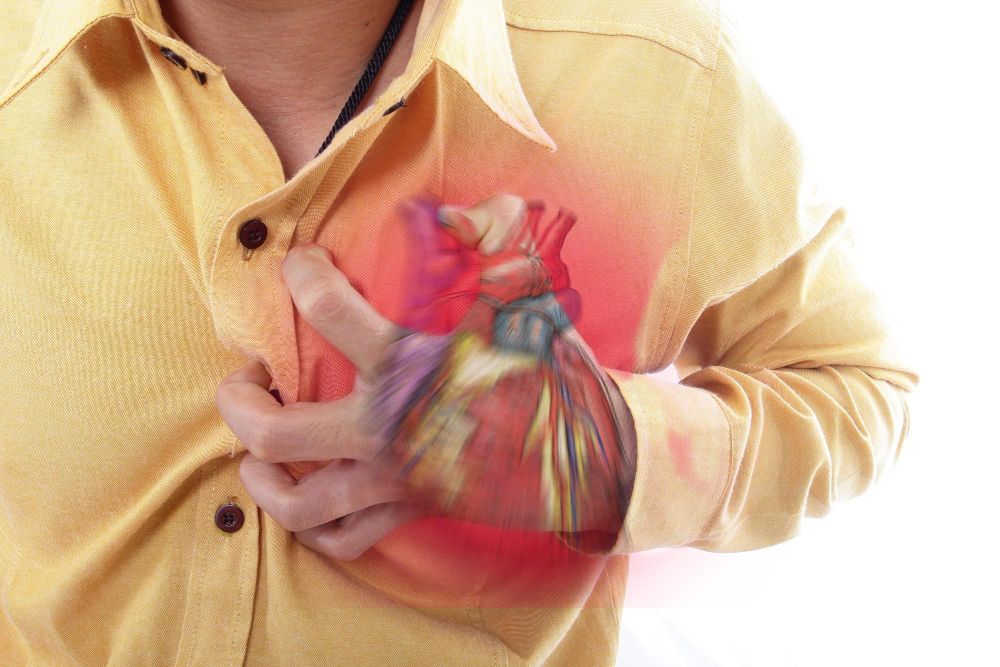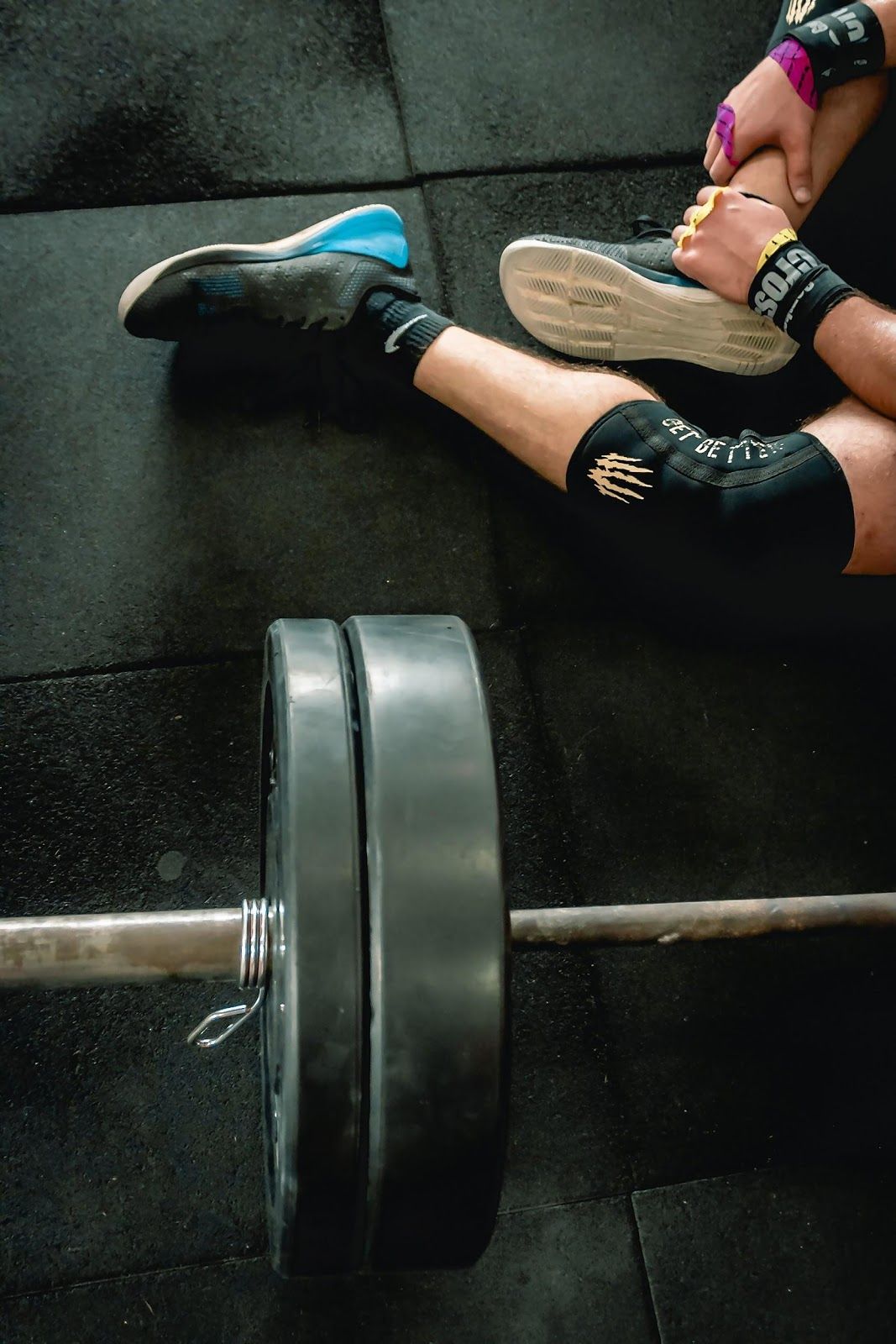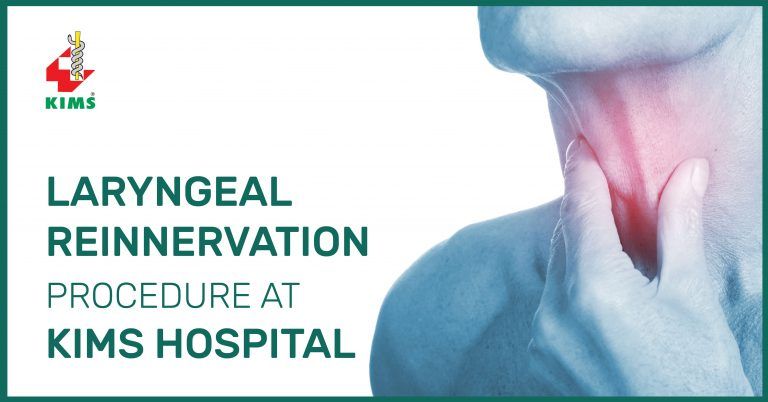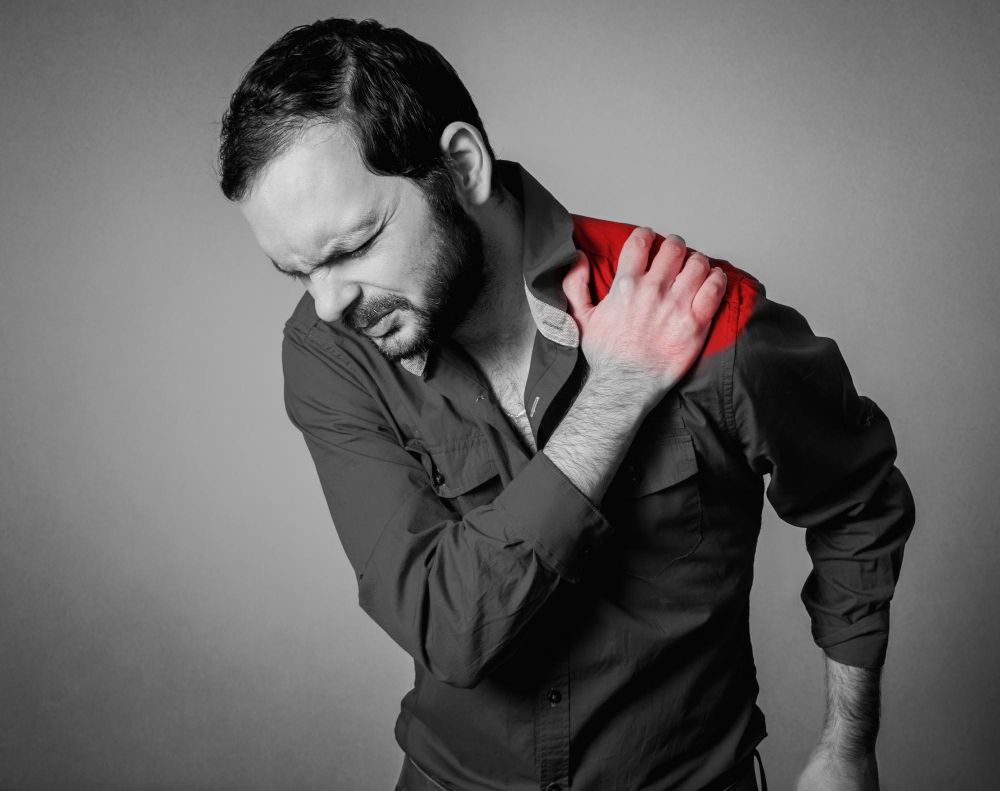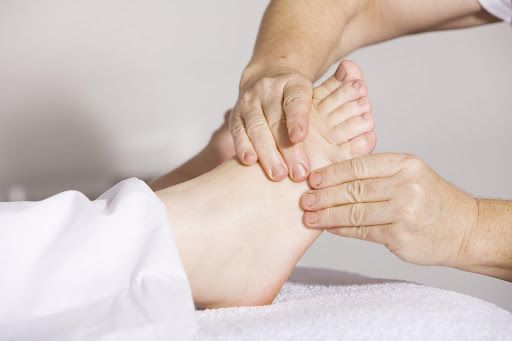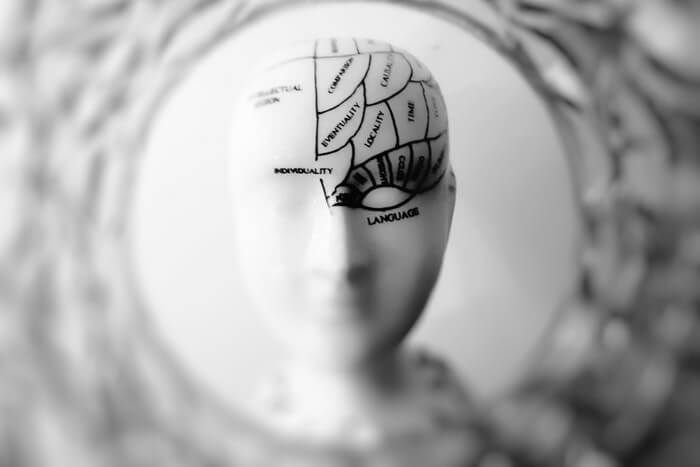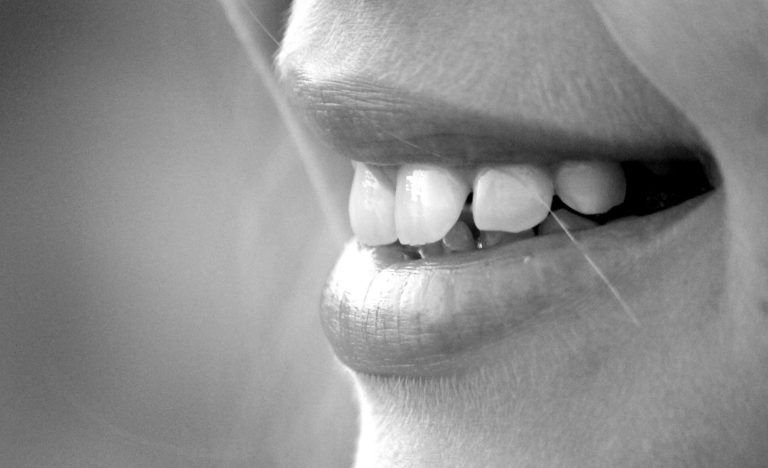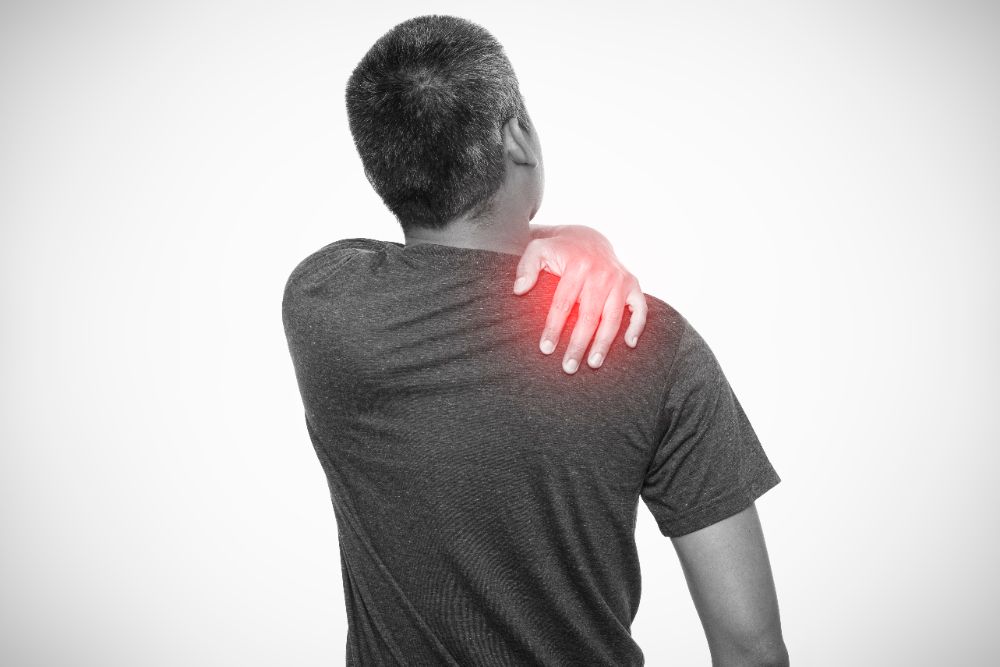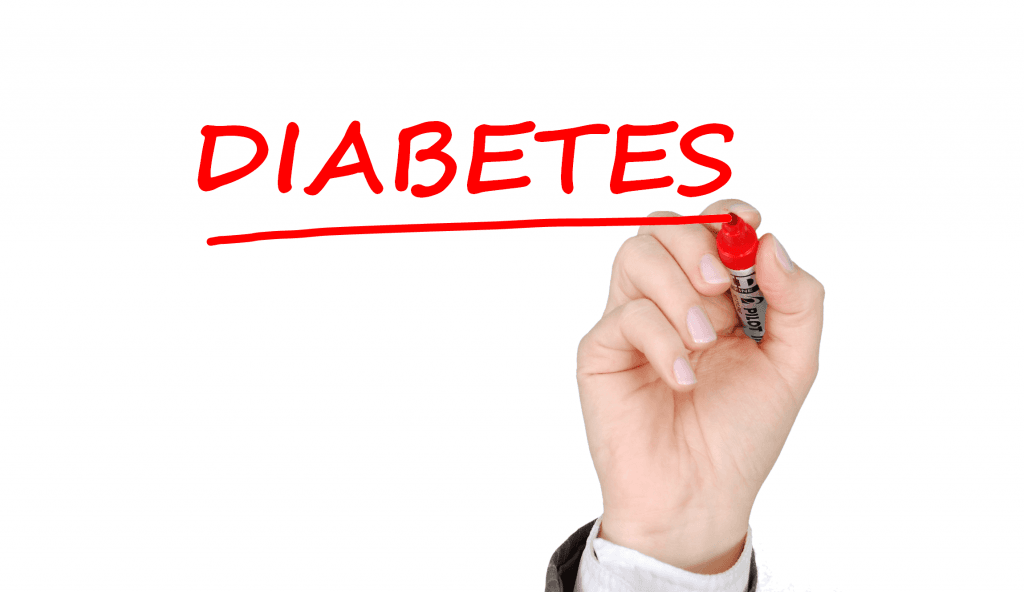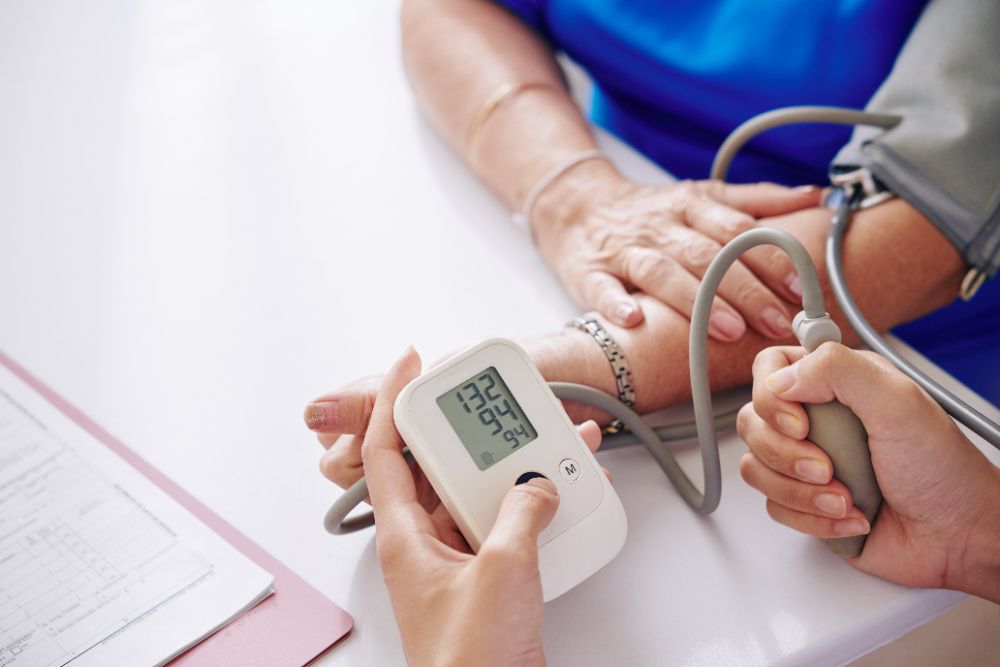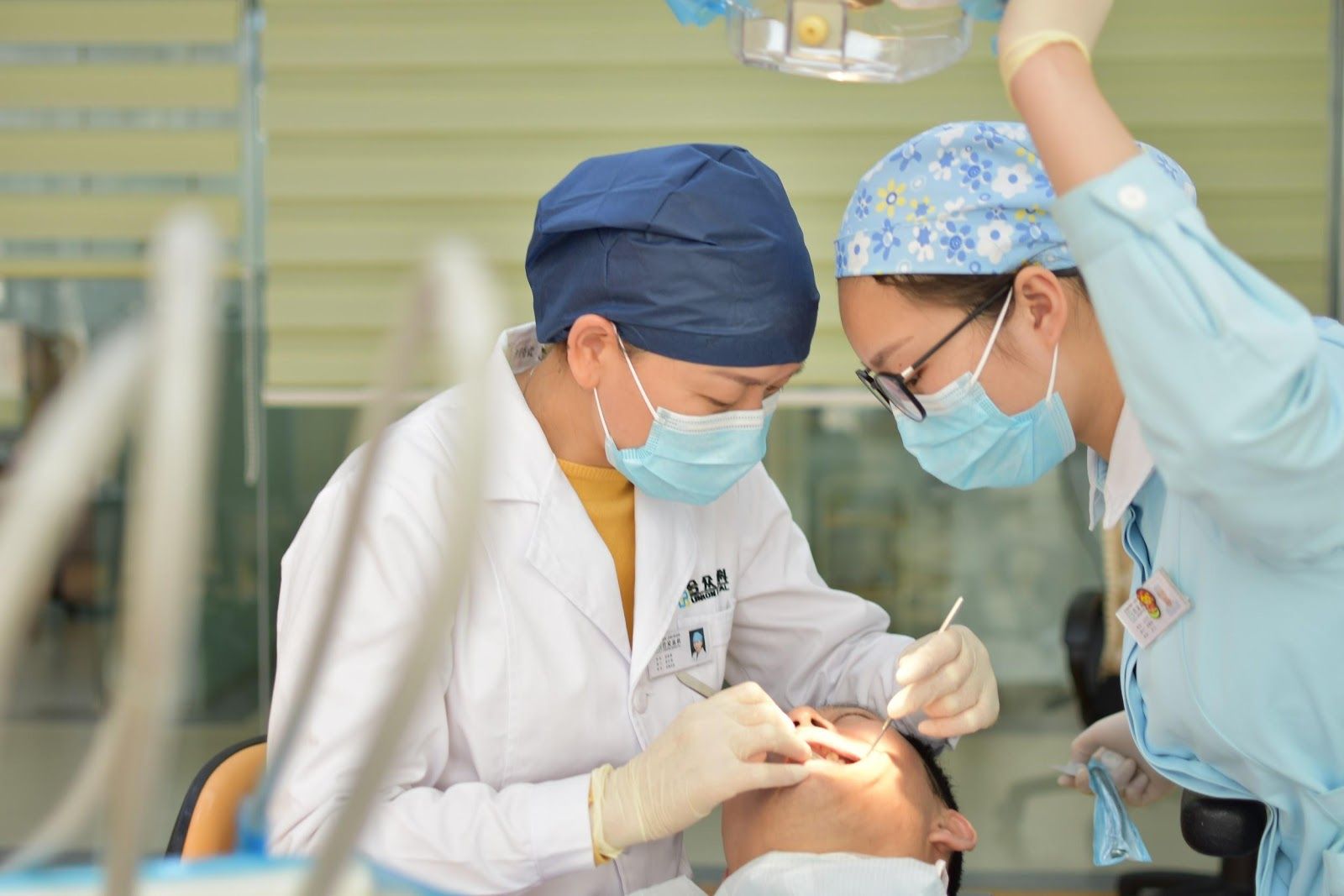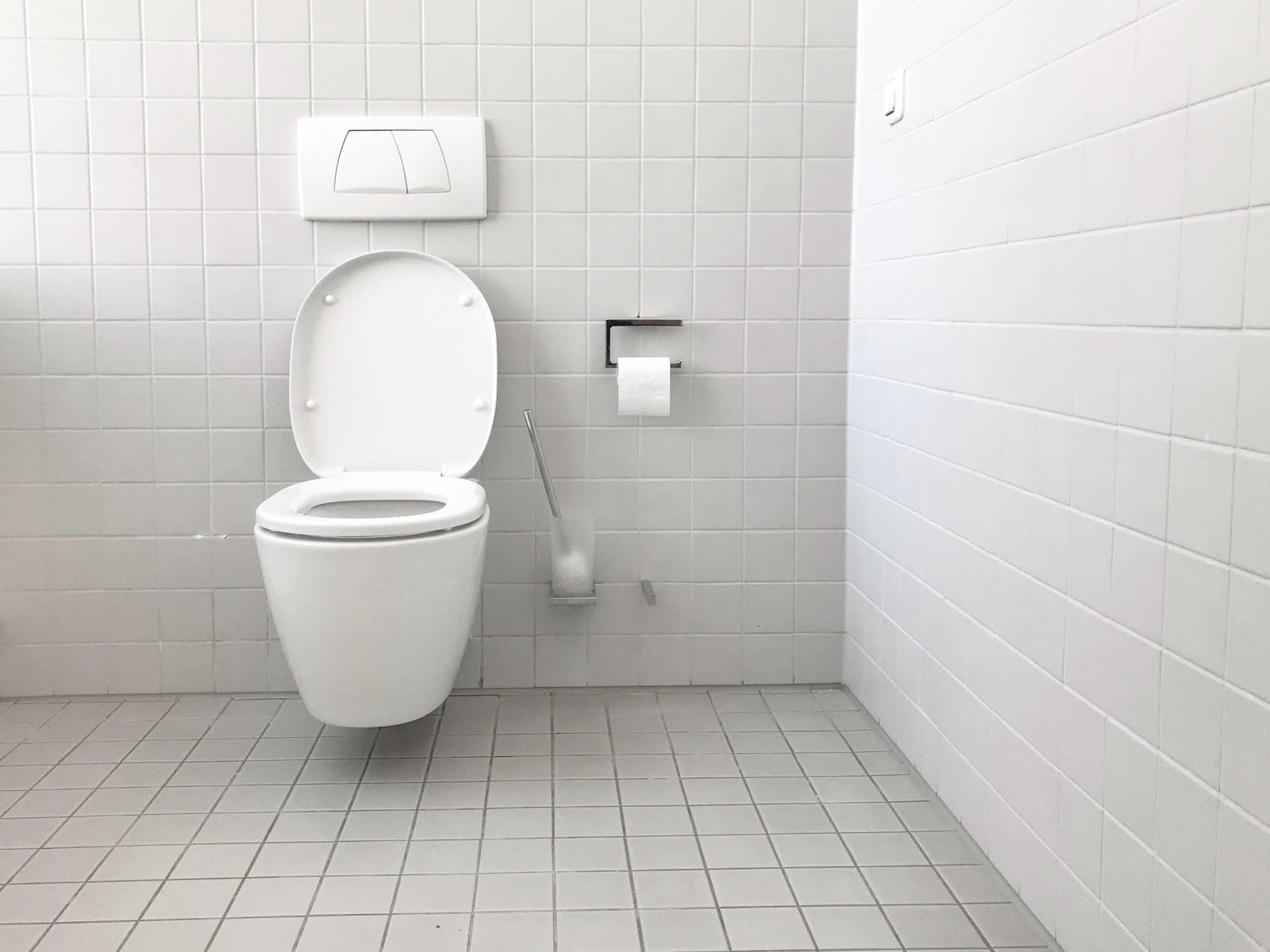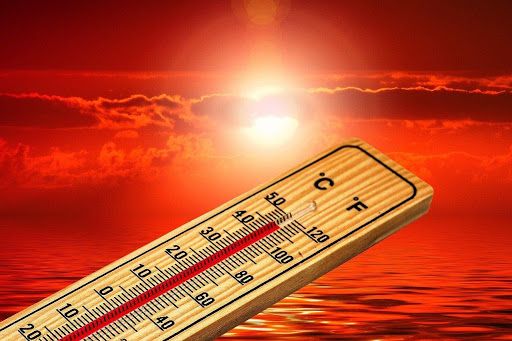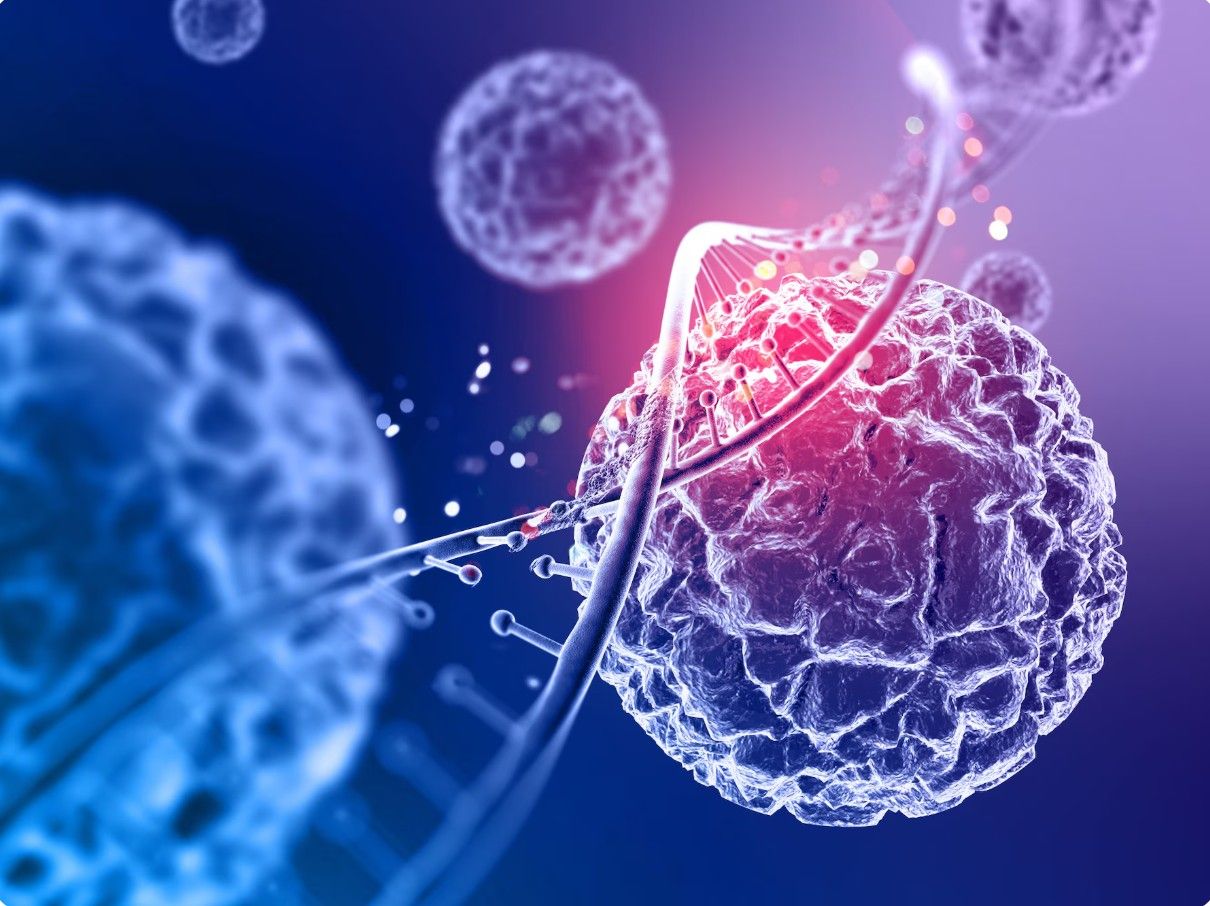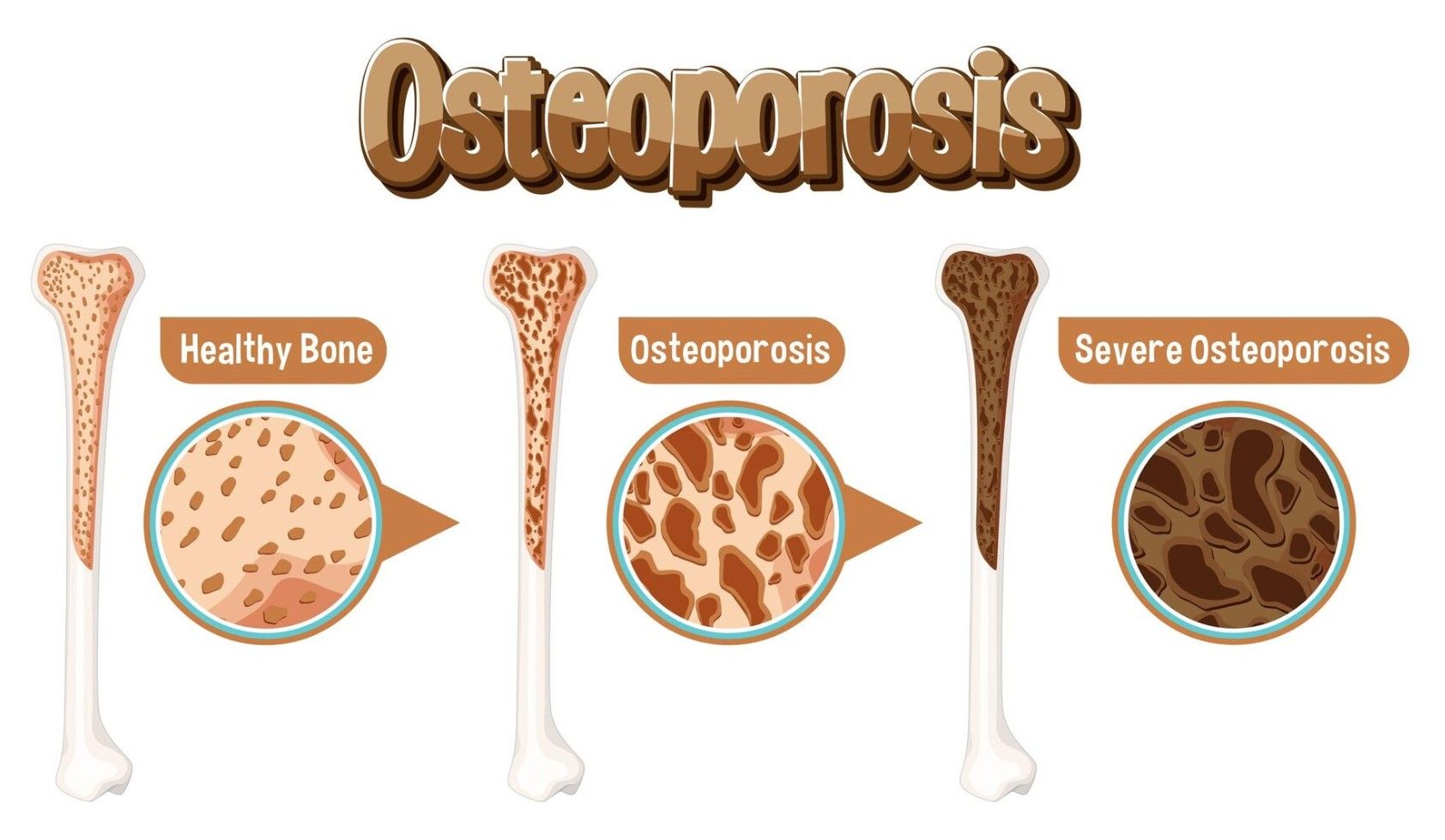Dilated Cardiomyopathy
Dilated cardiomyopathy is a form of heart muscle illness in which the heart chambers (ventricles) weaken and stretch, becoming bigger. It often begins in the heart's primary pumping chamber (the left ventricle). The disease often reduces the heart's ability to pump blood throughout the body. Fatigue and shortness of breath are the most common symptoms, which other illnesses can also cause. A person with dilated cardiomyopathy may not experience any symptoms at first. However, it can be life-threatening. Dilated cardiomyopathy is more common in men than in women. The treatment may include medications or surgery to implant a medical device that regulates the heartbeat or aids in the pumping of blood. Sometimes, a heart transplant is necessary.
Symptoms
Many persons with dilated cardiomyopathy do not exhibit any symptoms, particularly in the early stages. However, if your heart function deteriorates, you may encounter symptoms more frequently. Dilated cardiomyopathy symptoms could include:
- Chest pain
- Cough and congestion
- Dizziness or lightheadedness
- Fainting
- Fatigue (unusual tiredness)
- Palpitations or fluttering in your chest
- Shortness of breath (dyspnea)
- Swelling in your belly, legs, ankles, and feet (edema)
- Unexpected weight gain
Causes
It can be difficult to pinpoint the cause of dilated cardiomyopathy. The left ventricle can enlarge and weaken for a variety of reasons, including:
- Certain infections
- Complications of late-stage pregnancy
- Diabetes
- Excessive iron in the heart and other organs (hemochromatosis)
- Heart rhythm problems (arrhythmias)
- High blood pressure (hypertension)
- Obesity heart valve disease, such as mitral valve or aortic valve regurgitation
Diagnosis
To diagnose dilated cardiomyopathy, your doctor will do a physical exam and inquire about your personal and family medical history. To listen to your heart and lungs, the clinician will use a stethoscope. You may be referred to a cardiologist. Dilated cardiomyopathy can be diagnosed with an echocardiogram, blood tests, a chest X-ray, an electrocardiogram (ECG or EKG), a heart monitor, an exercise stress test, a heart (cardiac) CT or MRI scan, cardiac catheterisation, and genetic screening or counselling.
Treatment
The causes of dilated cardiomyopathy determine how it is treated. Treatment aims to alleviate symptoms, enhance blood flow, and prevent additional heart damage. Treatment may include drugs or surgery to install a medical device that helps the heart beat or pump blood.
Medications
A mixture of medications may be used to treat dilated cardiomyopathy and avoid problems. Medications regulate the heart's rhythm, assist the heart pump more efficiently, lower blood pressure, prevent blood clots, and remove fluid from the body. Blood pressure drugs, sacubitril/valsartan, diuretics (water pills), digoxin (Lanoxin), ivabradine, and blood thinners (anticoagulants) are all used to treat heart failure and dilated cardiomyopathy.
Prevention
Unfortunately, this illness is not always preventable. It could be inherited or a side effect of a medication, such as chemotherapy. However, dilated cardiomyopathy may be prevented by:
- Reduce or eliminate your drinking.
- Do not smoke.
- Avoid taking cocaine or any other illegal substances.
- Low-sodium diet.
- Get enough sleep and rest.
- Daily exercise routine.
- Maintaining your weight
- Manage your stress.
Conclusion
Dilated cardiomyopathy (DCM) is a significant heart disorder that impairs the heart's capacity to pump blood efficiently. Treatment is intended to alleviate symptoms, avoid complications, and improve quality of life. This usually involves a combination of medications, lifestyle changes, and medical equipment. Early detection and aggressive therapy play a critical role in improving heart function and reducing disease progression. For best results, lifelong maintenance and regular check-ups with a medical practitioner are required.
Ten Effective Remedies That You Can Refer to When You Are Suffering from Muscle Cramps
Finally starting off with the gym life can get too overwhelming until you hit those muscle cramps along with the weights.
Skin Tags - Benign Tumor or Cancerous Tumor?
Skin tag if observed is a narrow stalk that hangs about your skin, bulging at the end. They are usually freshly colored and can grow anywhere on your body.
Laryngeal Reiinervation Procedure at KIMS Hospital
Mr. K.P 56-year-old business executive from Bangalore underwent a thyroid surgery two years back.
Rotator Cuff Tear
A rotator cuff tear is a rotator cuff injury that can cause shoulder pain and loss of arm function. The rotator cuff is a set of muscles and tendons in your shoulder.
4 Not So Common Health Problems in Teenagers
The current generation of teenagers have far more access to technology and gadgets than their parents did.
Become an Expert at Pain Management with These Seven Techniques
Pain is a very common condition, it can be acute and chronic. It is a pathologically complex condition. Pain can be caused by injuries, surgery or diseases such as cancer, arthritis, obesity.
Can You Increase Your Brain Capacity?
Did you know that you can ‘upgrade’ your brain? Your intellectual and creative potentials are not set in stone nor do they depend solely on your genetics.
Taking Care of a Terminal Patient? Here Are Six Ways to Help Them to the Fullest
A terminally ill patient is someone who has a relatively short life expectancy. Terminally ill people are usually shifted from an actively curative medicinal regime
Stages of Tooth Decay and Their Treatment Options
Tooth decay refers to the degradation process of the structure of the tooth resulting in permanent damage.
12 Home Remedies for Dry Cough
The flu, common cold, asthma, cigarette smoke exposure, and other conditions can all cause a dry cough. Home remedies such as honey, peppermint, and air purifiers may be beneficial.
Shoulder Dislocation
Shoulder dislocation occurs when the bones of your shoulder joint are pushed or forced out of their normal positions.
5 Facts to Keep in Mind for Your Monthly Menstruation Cycle
Our menstruation indicates multiple activities within your body. Every month, your uterus forms a thicker lining for the ovary to release an egg for a possible pregnancy.
Different Types of Diabetes
Junk food and increasing physical activity are leading to a worldwide epidemic of obesity, resulting in diseases like diabetes
Dilated Cardiomyopathy
Dilated cardiomyopathy is a form of heart muscle illness in which the heart chambers (ventricles) weaken and stretch, becoming bigger.
Hypertension (High Blood Pressure)
High blood pressure, also known as hypertension, is a condition in which the blood flow against the inner walls of the arteries is persistently high.
3 Cosmetic Dentistry Procedures You Did Not Know About
Over the past few years, cosmetic dentistry has undergone significant evolution in society. With the increasing demand for cosmetic dentistry, it is no longer a luxury; it has become a necessity.
5 Lifestyle Changes That Will Help with Your Urinary Incontinence
Urinary Incontinence is quite a painful and embarrassing condition to have. It refers to the loss of bladder control, which can vary from a slight release of urine after sneezing, coughing, or laughing, to a complete inability to control urination.
5 Tips This Summer to Avoid Heatstroke
Certain jobs demand fieldwork in the scorching heat. The warm weather, bright sun, and the blue skies are not always an excellent working environment for them at all.
6 Home Remedies for Yeast and Vaginal Infections
Yeast infection is common among women. You might have had the experience of irritating soreness and itching that prolonged for days due to not knowing about the cause.
Aortic Dissection
An aortic dissection is a tear in the aorta. This is the primary artery that transports oxygen-rich blood from your heart to the rest of your body.
Bariatric Surgery and Weight Loss
Bariatric surgery, also known as weight loss surgery, is performed on individuals suffering from obesity. It involves a variety of procedures that help maintain long-term weight loss and also aid in treating obesity.
Best Foods to Cleanse Your Liver
Your liver is one of the largest organs in your body and its primary function is to filter the system by converting toxins to waste products, cleansing your blood and process various nutrients.
Infertility and its Major Causes and Treatments
Infertility is an issue that’s on the rise – not just in India but all over the world. It’s estimated that, on average, one out of every six couples has had issues with infertility.
Precautions to be Taken to Avoid Eosinophilia
Let’s begin with talking about eosinophils – they are just a type of white blood cells that are laden with reactive chemicals which get released under specific conditions to cause mayhem in the body
What is BMD Assessment and its Significance in Treating Osteoporosis
Osteoporosis is that creepy monster lurking in the dark, waiting to manifest itself as you age and get less active.
Related Blogs
Ten Effective Remedies That You Can Refer to When You Are Suffering from Muscle Cramps
Finally starting off with the gym life can get too overwhelming until you hit those muscle cramps along with the weights.
Skin Tags - Benign Tumor or Cancerous Tumor?
Skin tag if observed is a narrow stalk that hangs about your skin, bulging at the end. They are usually freshly colored and can grow anywhere on your body.


